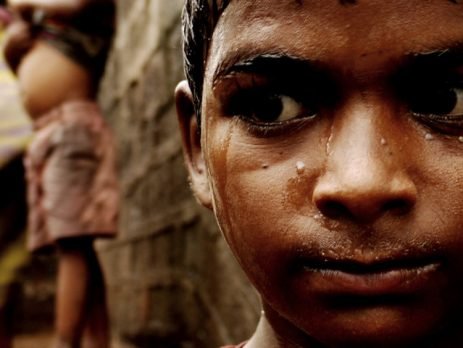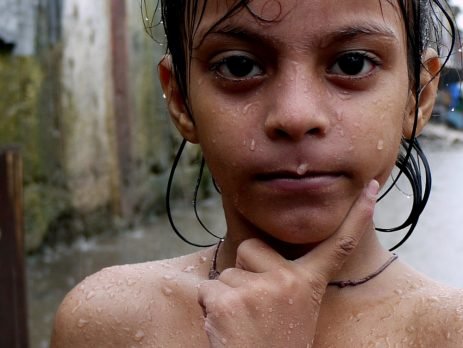Street Children
Street Children


Imagine…
Imagine a childhood where all you see every day is the stone walls of the factory in which you live, the tube lights overhead and the sewing machine at your hands?
Or you’re in a place where the only toys you have are a plough in your hand or a dirty rag to wash dishes….
Or you might wake up every morning on a factory floor with the smell of machine oil in your nostrils, until you forget even what your mother’s face looked like…
When parents don’t know…
When the parents have never attended school, they may not understand the importance of education or relaxation. After all, they didn’t go to school and they are managing ok, right?
Parents are offered £400 or more for their child by agents. £400 is a lot of money in India. It can pay for a small house in a rural area.
Factory directors routinely send ‘agents’ out to poor villages. These agents make an attractive offer and seal a deal with parents behind closed doors. The children are taken at night, transported in a van, and taken to a secret factory location.


Poverty
But often child labour happens without third party interference. Parents themselves send little children into dangerous jobs for money, even when they know it is wrong. The bills need to be paid and stomachs need to be fed. And the children land in a trap of slave labour.
Forgotten laws
Child labour is against the law. A law from 1986 says that no child under 14 is allowed to work. But government and police often do not enforce the law. If a law is just written in a book, then that law is like a car without petrol. It sits there and does nothing. Sooner or later people forget that the book or the law even existed.

How will children stand and stop all this? They feel weak and tired, and they don’t know the laws. They are not informed of their rights. If they speak up, they are threatened. Or beaten.
Survival!
Some children choose to work of their own accord, especially orphans and street children. They cannot afford a school uniform or a school bag. So they brush shoes, wash cars or work in a restaurant. They think: I would rather be tired than hungry!

Facts
Indian silk production depends mostly on the labour of child slaves under the age of fourteen. The silk industry is based in the states of Uttar Pradesh, Karnataka and Tamil Nadu. The children that work in India’s sweet shops are from Bihar, Uttar Pradesh and Nepal. These sweet shops can be found all over the country.
Indian children work on building sites all over the country, from the North to the South, in plain view of police and citizens. Glass blowing units that employ young children can be found in Firozabad, Uttar Pradesh. You will also find children working in the Carpet Industry in the same state.
Fire works production is very dangerous because young children have to work with explosives and dangerous chemicals. The biggest fire works factory can be found in Sivakashi, Tamil Nadu, South India. Many children work in cigarette production in the same state.
We have seen child beggars and labourers come into our doors many times. Many organisations like GSH are working tirelessly to end this grave injustice.
